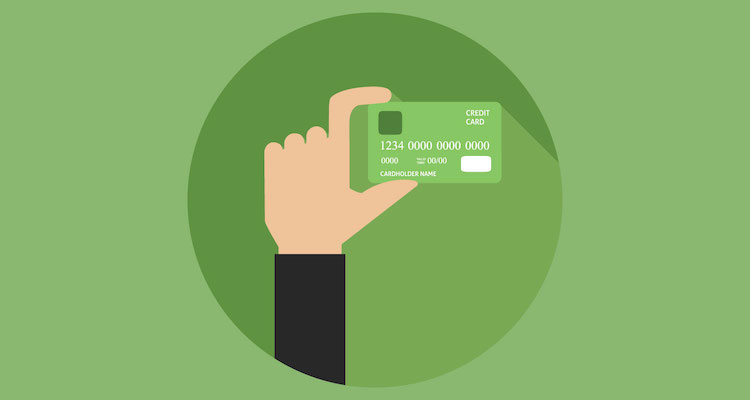Debt — it can feel like a dirty word. We all want to avoid it at all costs. But when it comes to growing your business you may have to rely on some debt to start from scratch or level up. I started my business without borrowing any money and kept costs very slim for several years. When it was time to take it to the next level (learning new skills and getting financial education certifications), I borrowed money a few times to grow.
Debt can be a loaded topic for many people. Some refuse to go into debt and I used to fall into this camp especially when it comes to my personal finances. However, in business sometimes you need to borrow money to make money or gain the knowledge you need to take your operation to the next level.
With this said, I do believe that you need to be smart with it. Over-investing in your business can result in you making minimal profit. Of course this is a huge problem for cash flow and will not be sustainable long term. If you do decide that it makes sense to borrow money, here are ways to do it effectively:
Ways to Use Debt Effectively
- Consider the investment carefully. Make sure that you understand the earning potential of the investment that you’re making. For example, if you’re going to borrow money for a coach, understand exactly what value you’re getting and how it will help you earn money. The goal is to make back your investment plus more. How are you going to make back the money you borrow?
- Borrow affordably. There are many ways that you can get quick money through personal loans and credit cards. For personal loans, you can borrow from online loan marketplaces. Borrowers with decent personal credit scores may be able to access funds after a quick application and funding process. Credit cards with introductory interest rate deals are another credit opportunity. Credit cards with a special have no interest for several months and this can equate to a no-interest loan as long as you pay it off within the timeframe.
- Borrow only what you can afford. Don’t get overzealous with the borrowing especially in the beginning. I suggest you avoid borrowing money to get pretty office furniture, business cards, or other things that won’t be contributing to your bottom line. Focus on bringing in revenue first and doing what it takes to make your business profitable before investing a ton of money into odds and ends.
- Come up with a pay off plan. Ideally you want to have a pay off strategy before borrowing money. Personal loans are easier because they give you a fixed rate for a fixed term. Credit cards can be a little trickier because there’s no term and you can revolve a balance. Don’t get stuck in a credit card trap. Plan out how you will be paying off the credit card in advance.
Debt Gets a Bad Rap
Debt doesn’t have to be terrible if you use it properly. Letting it grow without addressing it is where some people can run into trouble. Borrow money with a plan of action and don’t let your debt pile up because it can grow fairly quickly. One day you could purchase a laptop and the next day you’ll look at your statement balance and be surprised at how fast the debt racked up. Be careful!













